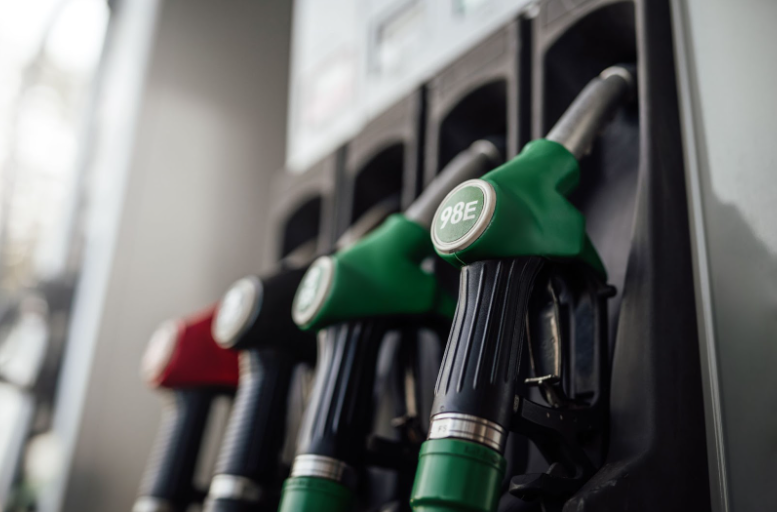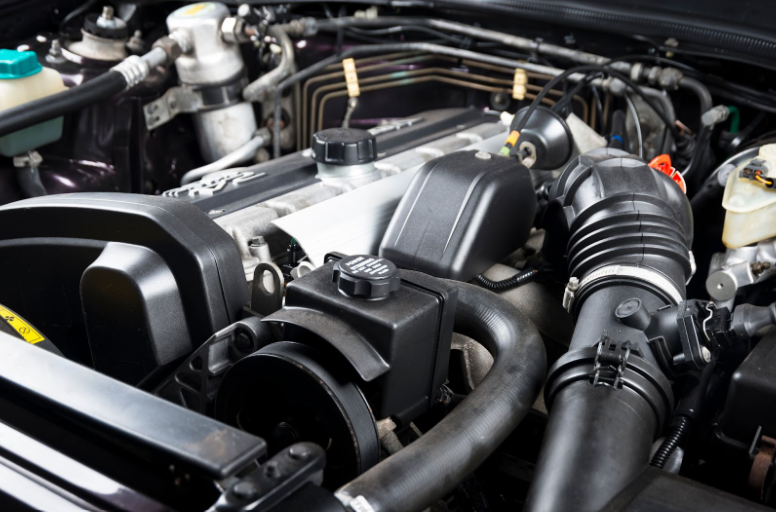Top 4 Different Types of Fuel for Vehicles: Discover The Most Common Types Of Fuel

Understanding the differences between various types of fuel is key to making informed decisions about vehicle performance, efficiency, and environmental impact. This comprehensive guide explores the top 4 most common types of fuel used in vehicles, providing insights into their characteristics, benefits, and considerations for choosing the right fuel for your vehicle needs.
What are the different types of fuel used in vehicles?
Gasoline
Gasoline, or petrol, is the most common fuel type used in vehicles worldwide. It is derived from crude oil through refining processes and is known for its high energy density, which allows for efficient combustion in internal combustion engines. Gasoline engines are widely available and offer good performance characteristics, making them suitable for various vehicle types from compact cars to high-performance sports vehicles. However, concerns over environmental impact and reliance on non-renewable resources have prompted increased interest in alternative fuels.
Diesel
Diesel fuel is also derived from crude oil but has a different chemical composition than gasoline. Diesel engines operate on compression ignition rather than spark ignition, leading to higher efficiency and torque compared to gasoline engines. Diesel vehicles are known for their fuel efficiency, making them popular choices for heavy-duty trucks and vehicles that require towing capacity. Although diesel engines produce lower CO2 emissions per gallon of fuel compared to gasoline, they can emit higher levels of nitrogen oxides and particulate matter, necessitating stricter emission controls.
Ethanol
Ethanol is a renewable fuel derived from plant materials such as corn, sugarcane, or switchgrass. It can be used as an alternative or blended with gasoline to reduce greenhouse gas emissions and decrease dependence on fossil fuels. Ethanol is commonly blended with gasoline in varying concentrations, such as E10 (10% ethanol and 90% gasoline) or E85 (85% ethanol and 15% gasoline). Flex-fuel vehicles can run on higher ethanol blends, offering consumers more fuel options. Ethanol production and use have benefits for agricultural economies but require careful consideration of land use and food production impacts.
Natural Gas
Natural gas, primarily composed of methane, is another alternative fuel option for vehicles. It is extracted from underground reservoirs and is cleaner-burning compared to gasoline and diesel, emitting fewer pollutants and greenhouse gasses. Vehicles powered by compressed natural gas (CNG) or liquefied natural gas (LNG) are available in the market, especially popular for fleets and commercial applications due to lower fuel costs and emissions. However, infrastructure for refueling natural gas vehicles is less widespread compared to gasoline and diesel, limiting widespread consumer adoption.
How do different types of fuel affect vehicle performance?
The type of fuel used significantly influences vehicle performance, affecting both fuel efficiency and engine performance.
Fuel Efficiency

Fuel efficiency varies significantly depending on the type of fuel used in vehicles. Diesel fuel, known for its higher energy density and efficient combustion process, generally offers superior fuel efficiency compared to gasoline. This efficiency translates into fewer gallons of fuel consumed per mile traveled, making diesel engines particularly suitable for long-distance driving and heavy-duty applications where fuel economy is paramount. Gasoline engines, while efficient in their own right, typically exhibit slightly lower fuel efficiency than diesel counterparts due to differences in combustion characteristics and energy content per gallon. Ethanol, often blended with gasoline, can impact fuel efficiency, typically providing fewer miles per gallon due to its lower energy content compared to gasoline alone. Natural gas, although cleaner burning, may require more frequent refueling due to lower energy density, affecting overall fuel efficiency metrics.
Engine Performance

Engine performance is influenced by several factors, including the type of fuel used and the engine's design. Diesel engines are renowned for their high torque output and durability, attributed to their compression ignition process. This feature makes diesel engines well-suited for heavy-duty applications, such as trucks and industrial vehicles, where towing capacity and reliability are critical. Gasoline engines, meanwhile, excel in delivering responsive acceleration and smooth operation, making them popular for everyday driving and sports cars where high horsepower outputs are desirable. Ethanol blends can enhance engine performance by boosting octane ratings, potentially improving combustion efficiency and engine responsiveness. Natural gas engines provide similar horsepower outputs to gasoline but may require specific adjustments for optimal performance, balancing efficiency with emissions considerations.
Choosing the right fuel type involves balancing performance requirements, fuel efficiency goals, and environmental impact considerations to meet specific vehicle needs.
What are the common types of alternative fuel for vehicles?
Biodiesel
Biodiesel is a renewable fuel derived from natural oils like soybean, canola, or recycled cooking grease. It can be used in diesel engines without modification and is known for reducing emissions of particulate matter and greenhouse gases compared to traditional diesel fuel. Biodiesel production supports agricultural economies and reduces dependence on fossil fuels, offering a sustainable alternative for transportation.
Electric Cars
Electric cars, powered by electricity stored in batteries, are increasingly popular as zero-emission vehicles. They produce no tailpipe emissions, making them environmentally friendly in urban settings where air quality is a concern. Electric cars are efficient in converting electrical energy to motion, reducing reliance on fossil fuels and contributing to lower greenhouse gas emissions overall. However, their adoption is limited by charging infrastructure availability and battery technology advancements.
How can choosing the right type of fuel impact the environment?

Choosing the right type of fuel for vehicles has significant implications for environmental sustainability, influencing emissions and pollution levels, as well as fuel economy and greenhouse gas emissions.
Emissions and Pollution
Different types of fuels produce varying levels of emissions and pollutants during combustion. Traditional gasoline and diesel fuels emit carbon dioxide (CO2), nitrogen oxides (NOx), particulate matter (PM), and volatile organic compounds (VOCs), contributing to air pollution and health issues. Alternative fuels like biodiesel and electricity from renewable sources produce fewer or no emissions during vehicle operation, improving air quality and reducing environmental impact.
Fuel Economy and Greenhouse Gases
Fuel economy, measured in miles per gallon or miles per kilowatt-hour for electric vehicles, directly affects greenhouse gas emissions. Vehicles with higher fuel efficiency produce fewer CO2 emissions per mile traveled, reducing their carbon footprint over their lifespan. Alternative fuels such as biodiesel and electricity offer improved energy efficiency and lower greenhouse gas emissions compared to conventional gasoline and diesel. Promoting fuel-efficient technologies and renewable energy sources supports global efforts to mitigate climate change and transition towards a sustainable transportation sector.
Are you an automotive business or a car enthusiast? Embrace CarsXE’s APIs today and Explore how vehicle APIs can propel your organization forward. Contact us Now!